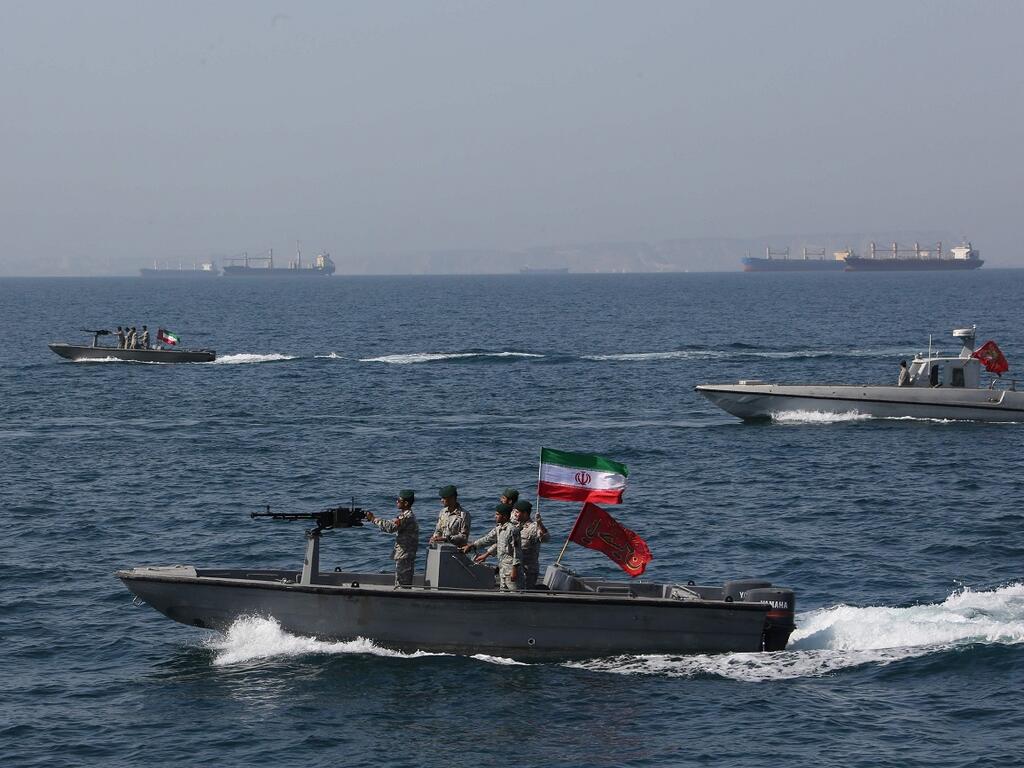Getting your Trinity Audio player ready...
According to the official, Iran’s Quds Force has developed a faster sea-based transfer method that bypasses Syria. "After the fall of the Assad regime and increased air restrictions, Hezbollah began using the sea to transport weapons."
The official said Iran now relies on direct maritime smuggling to Lebanon or uses intermediary countries. Two special Quds Force units—Unit 190 and Unit 700—are overseeing the operations. Both units are responsible for delivering weapons to Hezbollah via sea, the official said.
The report indicated that the smuggling operation is built on Hezbollah’s control of the Port of Beirut. "Hezbollah operates freely in the port with the help of collaborators in customs and the port’s monitoring authority," the official said.
A senior Hezbollah figure, Wafiq Safa, is allegedly managing the smuggling network. "Safa oversees a network of collaborators at the Port of Beirut. These insiders facilitate the smuggling of equipment and weapons without inspection," the official added.
The source also linked these smuggling efforts to the massive Beirut port explosion in August 2020, which killed more than 200 people and devastated large parts of the city. “Attempts to smuggle weapons through the port contributed to the disaster,” the official said.
The official warned of broader consequences for Lebanon. "The Port of Beirut is Lebanon’s most important port, and its illegal use endangers Lebanese interests," the source said. "Hezbollah’s presence at the port threatens foreign investment. Lebanon must act urgently in light of these violations."
Safa, a longtime Hezbollah operative close to the group’s leader Hassan Nasrallah, heads Hezbollah’s Liaison and Coordination Unit, which handles relations with Lebanese security forces. The U.S. has imposed sanctions on Safa for his alleged role in arms and drug smuggling through Lebanese ports.
Get the Ynetnews app on your smartphone: Google Play: https://bit.ly/4eJ37pE | Apple App Store: https://bit.ly/3ZL7iNv
British newspaper The Telegraph has described Safa as a “notorious figure” at Beirut’s Rafic Hariri International Airport, where he reportedly works closely with senior customs officials to move uninspected shipments.
The official said Safa’s position enables him to manage an extensive network of collaborators across Lebanon’s ports, supporting Iran’s ability to move weapons into the region without oversight.




